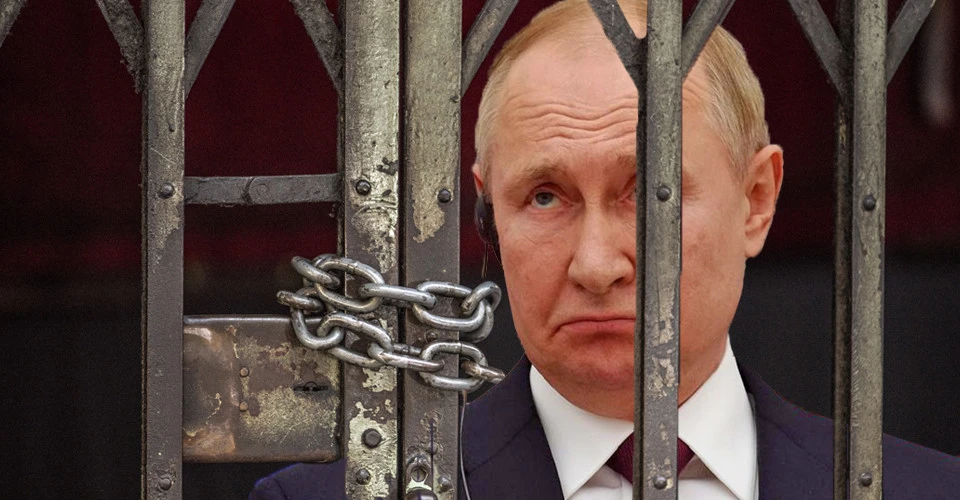
The International Court of Justice in The Hague may issue a new arrest warrant for Putin
The ICC is investigating not only the case of illegal deportation of children, but also other crimes. President Vladimir Putin is personally involved in some of the proceedings when he makes statements to journalists.
The prosecutor of the International Criminal Court (ICC) may soon issue new arrest warrants for Russian President Vladimir Putin and other members of the country’s top leadership. This was stated in a statement by the head of the organization, Peter Hoffmann, Voice of America reported on August 3.
According to him, the International Criminal Court is examining not only the case of the Russian leader regarding the deportation of children, but also other crimes he is suspected of.
The issuance of new warrants will depend primarily on the actions of the prosecutor.
“He (the ICC prosecutor – ed.) can request an arrest warrant from the ICC pre-trial judges, who will decide whether there are grounds for issuing future arrest warrants. But certainly the prosecutor has made it clear that he is actively pursuing new investigations in Ukraine, as well as in other countries, and we expect more action in this regard,” the statement said.
The publication noted that one of the cases in which Vladimir Putin may be issued a new warrant is the crimes of the Wagner PMC.
If it is proved that Russian mercenaries are involved in the deliberate killing of Ukrainians, and the Russian leadership was directly involved in this, then the ICC will make a new decision that will only strengthen the precarious position of the Kremlin leader and the elite.
One of the proofs was provided personally by Vladimir Putin during a conversation with journalists. He said that Moscow has allocated a billion dollars from the state budget for private formation over the past year.
- “Putin’s words have potentially very serious consequences in terms of holding Russia accountable for the actions of Wagner and holding Putin personally accountable as the leader of Russia,” said Philip Sands, a law professor at University College London.

